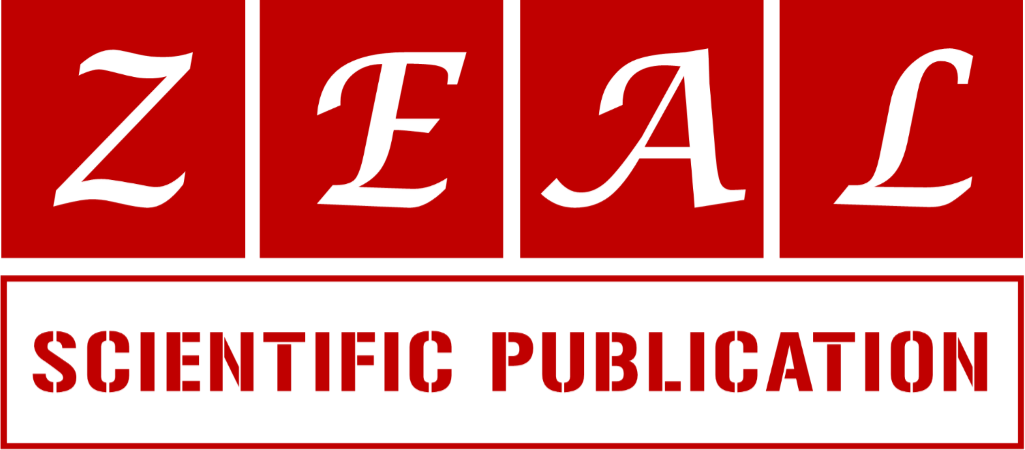Neuropsychological effects of physical activity in people with depression
Department of Physical Education, Federal University of Paraná Curitiba, Paraná Brazil.
Review
World Journal of Advanced Pharmaceutical and Medical Research, 2024, 06(01), 019–022.
Article DOI: 10.53346/wjapmr.2024.6.1.0022
Publication history:
Received on 21 December 2023; revised on 27 January 2024; accepted on 30 January 2024
Abstract:
Depression, a mental pathology of high prevalence and impact on quality of life, demands complementary therapeutic approaches. The review emphasized the psychological benefits, notably the improvement of mood and self -esteem, resulting from the modulation of neurotransmitters such as serotonin, dopamine, and endorphins, associated with physical activity. Additionally, physical activity influences the endocrine axis, manifesting itself in reducing the production of stress hormones, exemplified by cortisol. However, it is noteworthy that physical activity should not be used as an isolated approach, but as a component of a broader treatment that encompasses psychotherapeutic interventions and eventually drug therapy with antidepressants. Parallel to mental health benefits, physical activity promotes improvements in physical health, contributing to the strengthening of muscles, increased resistance, and promotion of cardiovascular health. In this context, this study demonstrates significant relevance of physical activity as an adjunct in the treatment and prevention of depression, giving a positive impact on various aspects of the individual's global health.
Keywords:
Depression; Physical Activity; Mental Health; Quality of Life; Serotonin.
Full text article in PDF:
Copyright information:
Copyright © 2024 Author(s) retain the copyright of this article. This article is published under the terms of the Creative Commons Attribution Liscense 4.0
